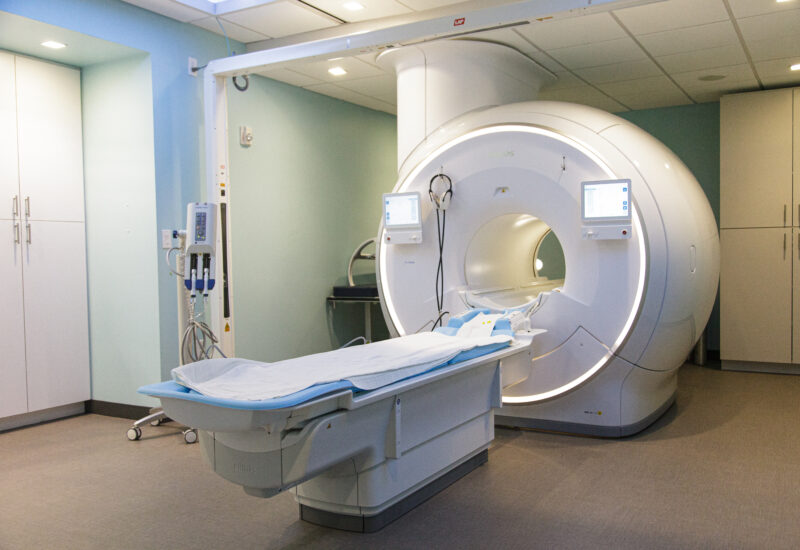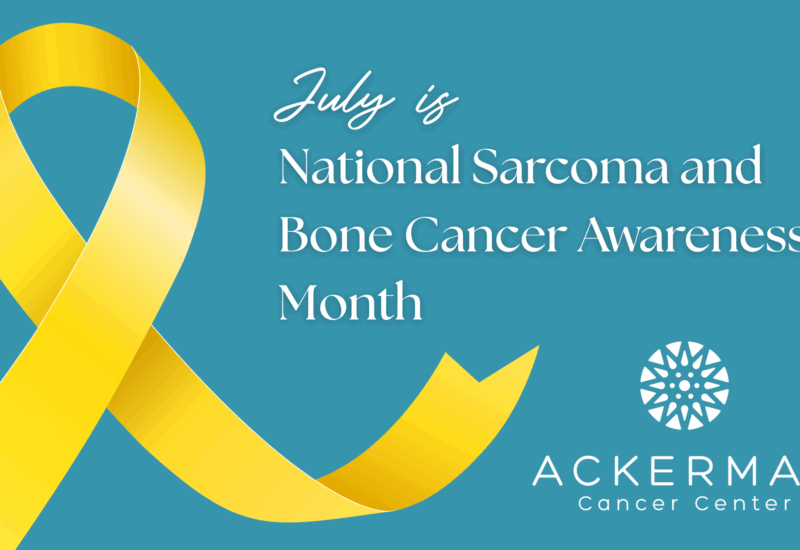Resources for Caregivers
Tips for Caregivers
Being a caregiver for a loved one is an important role in their recovery, but caregiving often comes with its own set of challenges. Caregivers must learn to balance many new tasks in addition to their daily routine. Some of these new roles include:
- Nursing assistant: Taking on caring for a loved one’s physical needs, such as managing medication, assisting in changing, and bathing
- Counselor: Being a sounding board and source of support to your loved one
- Homemaker: Taking on more responsibilities in the home that your loved one may no longer have the energy to complete, including making meals, cleaning, and buying groceries
- Primary child care: If you have children, you may be handling most of the child care while also providing emotional support to your children as they process their own emotions related to your loved one’s diagnosis
- Wage earner: If your loved one cannot work, you may become responsible for providing the financial resources to maintain the household
- Advocate: Representing your loved one’s needs and desires for medical treatments, insurance coverage, work accommodations, and other matters
Taking on these new roles may create changes and challenges in your relationship as you both adapt to the diagnosis and create your new normal.
When this happens, remember it is common; with time and communication, you both will adjust. Keep an open dialogue with your loved one so both of your needs are vocalized, understood, and met.
Caregiver Burnout
Caregiving can be a very rewarding experience, but it can also contribute to feelings of physical and emotional fatigue. Common feelings experienced by caregivers include:
- Feeling ill and rundown
- Withdrawing from friends and family
- Sadness or depression
- Anxiety
- Irritability
- Resentment
Recognize when you are starting to get burnt out. If you are experiencing this common challenge, acknowledge the ways being a caregiver brings you closer to your loved one. Many caregivers also find solace by taking breaks to connect with friends, and doing things that bring you joy.
Caregiver Tips
- Find a care team you trust.
- Carry a journal to bring to doctor appointments for notes and to monitor your own feelings.
- Maintain and organize medical records.
- Accept your loved one’s feelings and bad days without trying to fix them.
- Remind your loved one how loved they are.
- Take breaks from focusing on cancer by doing things you enjoy together.
- Accept help, and ask for it when needed. You are never alone.
- Go easy on yourself, and acknowledge your limitations.
- Stay connected with your social circle.
- Grieve your losses (which don’t have to be related to death).
- Keep your loved one’s care team informed.
- Join a support group.
What Do I Say? Tips for Talking to Someone with Cancer
- Follow their lead. Try not to be intrusive; they will tell you what they feel comfortable sharing.
- Think before you speak. Consider how your words will impact your loved one.
- Don’t share comparisons to other cancer patients.
- Don’t comment on their physical appearance (i.e.: you look tired or sick).
- Don’t downplay their illness and how it makes them feel.
- Just listen.
Resources from Ackerman Cancer Center
The Gift of Wellness – Why a Total Body MRI is the Ultimate Health Investment
The Gift of Wellness - Why a Total Body MRI is the Ultimate Health Investment In a world where we often prioritize quick fixes and reactive treatments, the true gift of wellness is a proactive approach to health. Imagine gifting someone the opportunity to discover...
National Sarcoma and Bone Cancer Awareness Month: Shining a Light on the Importance of Rare Cancer Awareness
July is designated National Sarcoma and Bone Cancer Awareness Month, a time dedicated to raising awareness of these cancers and fostering support and understanding for those impacted. National Sarcoma and Bone Cancer Awareness Month was first established in 2007 in an...
Other Resources
- American Cancer Society — Caregiver Resource Guide
- Cancer Care — Advice for Caregivers: Handling Burnout
- National Care Institute — Support for Caregivers of Cancer Patients
- Help for Cancer Caregivers — Caregiver Burnout and Stress
- Cancer Care — Caregiving
- Elder Source
- Caregiver Coalition of Northeast Florida
- Toula’s Tips for Caregivers
- Family Caregiver Alliance- Caring for You
- Nassau County Council on Aging



